The Metamorphosis Gap Semester is a full time fall program incorporating philosophical discussion, fine arts and traditional crafts, homesteading skills, participatory self-governance, wilderness expeditions, and engaged community life. Together with an intimate cohort of up to 14 fellow students, Gap Semester participants embark on an immersive four-month long journey of discovery and growth through the changing seasons.
Based in the beautiful Driftless Region of southwestern Wisconsin, the Thoreau College Metamorphosis Gap Semester is an opportunity for young adults to deepen their understanding of themselves, our world, and our times, as well as to challenge themselves across all dimensions of their humanity. Through the changes of the seasons, we explore themes of meaning, purpose, place, and community through the Five Pillars of the Thoreau College Curriculum – academics, labor, community, nature, and art. Living together in self-governing student households of up to 6 members, Gap Semester participants embark on an immersive four-month long journey of discovery and growth through the seasons in the context of an intimate and supportive self-governing community of peers and mentors, located in a beautiful and culturally vibrant rural area. Students should expect that their perspectives on many things to be quite different at the end of this adventure. Students wishing to experience a full year are encouraged to complete two consecutive semesters.
Thoreau College is proud to be one of the most financially affordable gap programs around - tuition is flexible based on personal circumstances - please visit our website to learn more.
ACADEMIC CURRICULUM:
The overarching themes of the semester are questions of place, community, meaning, spirituality, and, above all, the relationship between human beings and nature. In short, these are fundamental questions about how we might live authentically and morally with ourselves, with other people, and with the other creatures with whom we share the Earth. Our exploration of these themes includes discussions of readings drawn from a cross-cultural selection of literature, philosophy, social and ecological science, and sacred texts both ancient and modern. These discussions are enriched by field trips and conversations and collaborations with members of the local community striving to live examined lives of meaning and purpose.
ARTS, CRAFTS, and HOMESTEADING SKILLS
Our explorations are also informed by practical experiences with homemaking – fall harvest and food preservation skills, working with wood, clay, wool, and and other natural materials, and participation in service work and seasonal celebrations in the context of our vibrant rural community. Throughout the semester students learn and practice a variety of practical homesteading skills and folk arts, such as spoon carving, basket making, gardening,, foraging for wild foods, canning, pickling, and fermenting, harvesting fruits and vegetables, and, for those who are interested, butchering chickens, pigs, and deer.
SOLOS AND EXPEDITIONS
Each semester includes week-long group expeditions and a sequence of solo experiences. The Fall Semester begins in late August with a week-long canoeing expedition on the lower Wisconsin River, a beautiful waterway rich with natural, cultural, and historical significance. In late October, students participate in a weeklong hiking or canoeing expedition as autumn begins to turn towards winter. In addition, students will take part in a series of solo forest experiences ranging from 24 to 48 hours in September, November, and December. The Spring Semester begins with a winter expedition in late January and includes a weeklong urban argiculture trip, as well as a multi-day cabin solo.
Program Dates:
Each semester is roughly 4.5 months long. The Fall Semester begins in late August and concludes in mid-Dember, with a weeklong break for Thanksgiving. The Spring Semester starts in late January and ends in late May, with a weeklong spring break in April.
Financial Process:
Admission to the Metamorphosis Gap Semester is need-blind, meaning that what a student is able to pay has no bearing on admissions decisions and, once a student is admitted, there is no set tuition for attendance. Instead, after completing the admission process, our staff will meet with you to determine a financial pledge that is appropriate to your situation, while also supporting the work of the college.
Some numbers to consider:
We estimate that the actual cost per student for us to stage this semester program is about $11,000. The cost of housing, lunches, and instructional supplies alone is about $4,000 for the semester. With fundraising and other sources of income, we estimate that we will be able to meet our expenses if the average student contributes $8,500 for the semester.
These numbers and policies make the Thoreau College Metamorphosis Gap Semester once of the most financially affordable and flexible gap year programs in the country.
This pledge covers tuition, as well as housing, weekday lunches, local transportation, and instructional supplies and tools. All books, art supplies, tools, and camping equipment are provided for all students participating in the program.
Students are responsible for purchasing and preparing their own food for all meals other than weekday lunches during the program, although food is available for student use from the Thoreau College farm, gardens, and greenhouse and partner organizations and training in cooking, meal planning, and provisioning are incorporated into the curriculum. We estimate that students should be able to provide their own food for $300 per month here in Viroqua. Students are also responsible for having their own health insurance coverage and for arranging their own transportation to and from Viroqua.



 Recently Updated
Recently Updated

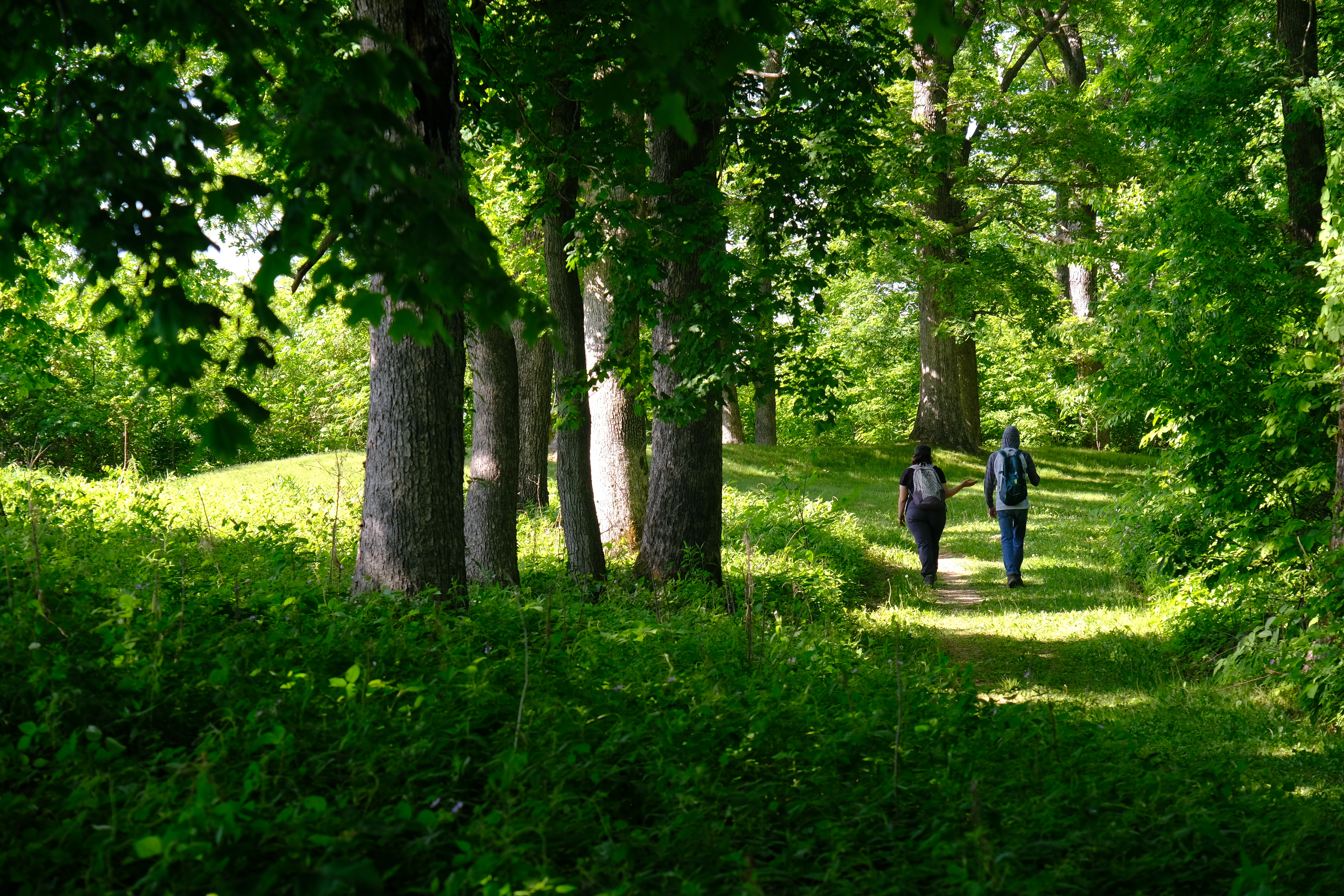

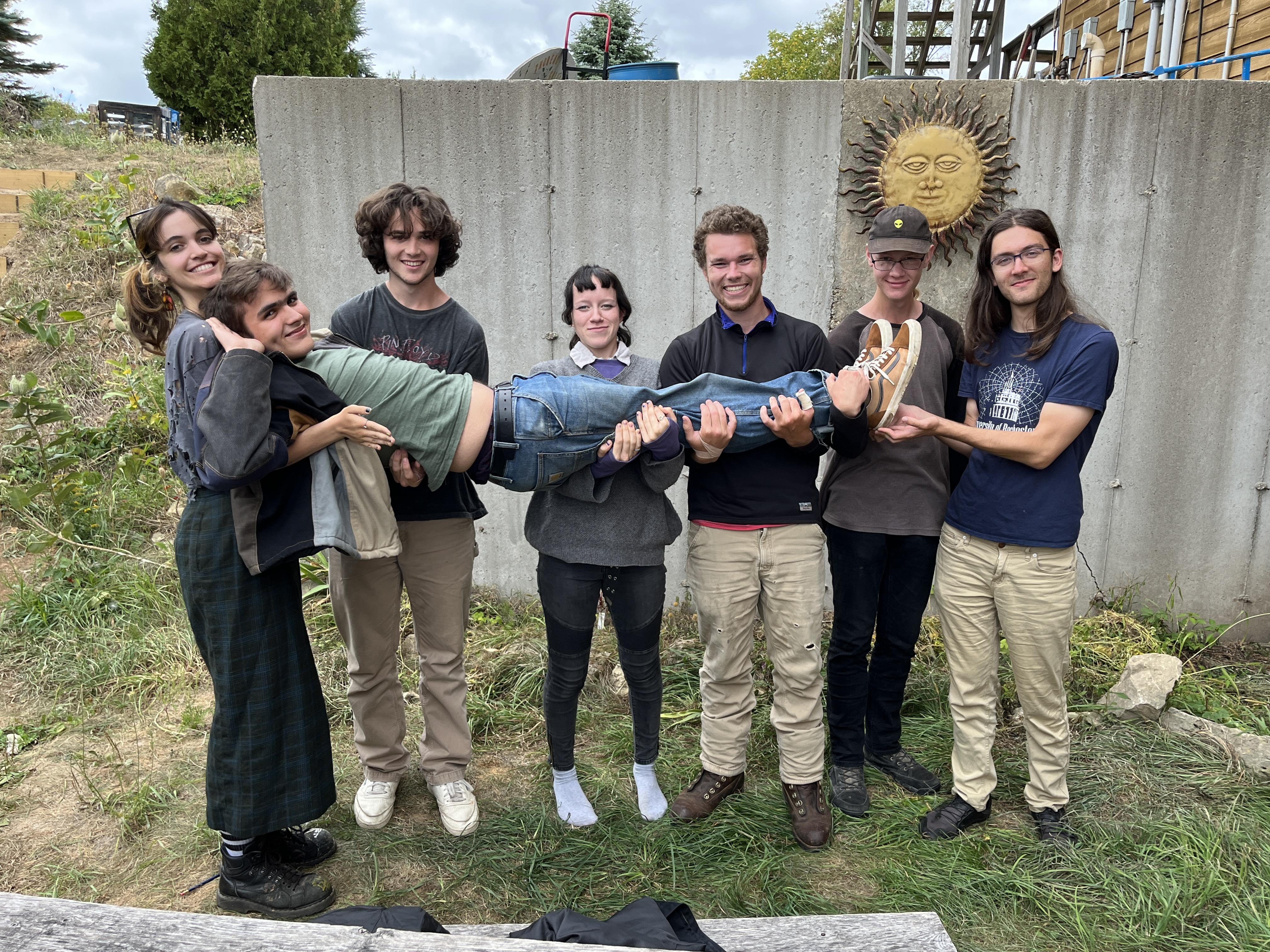
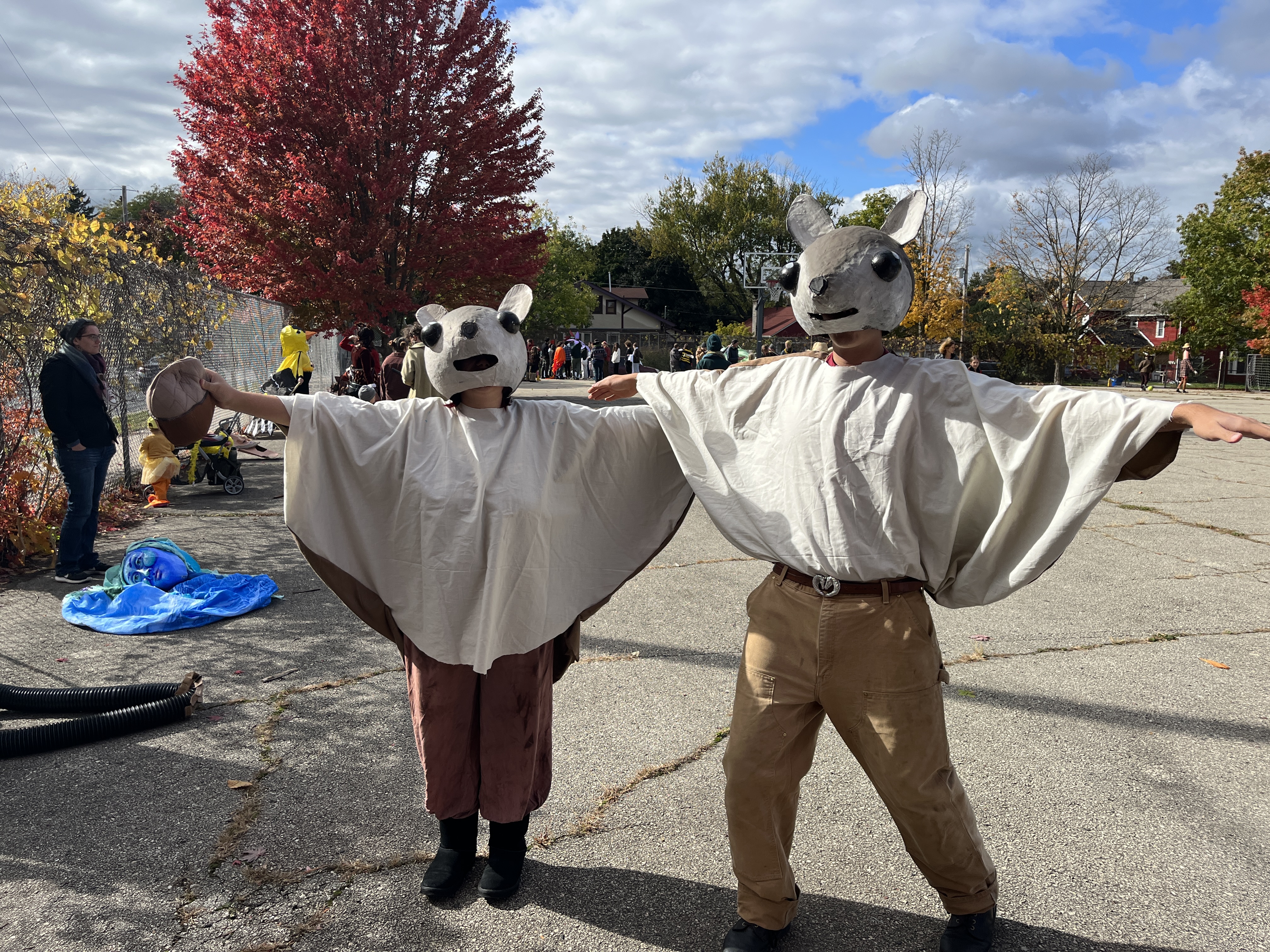
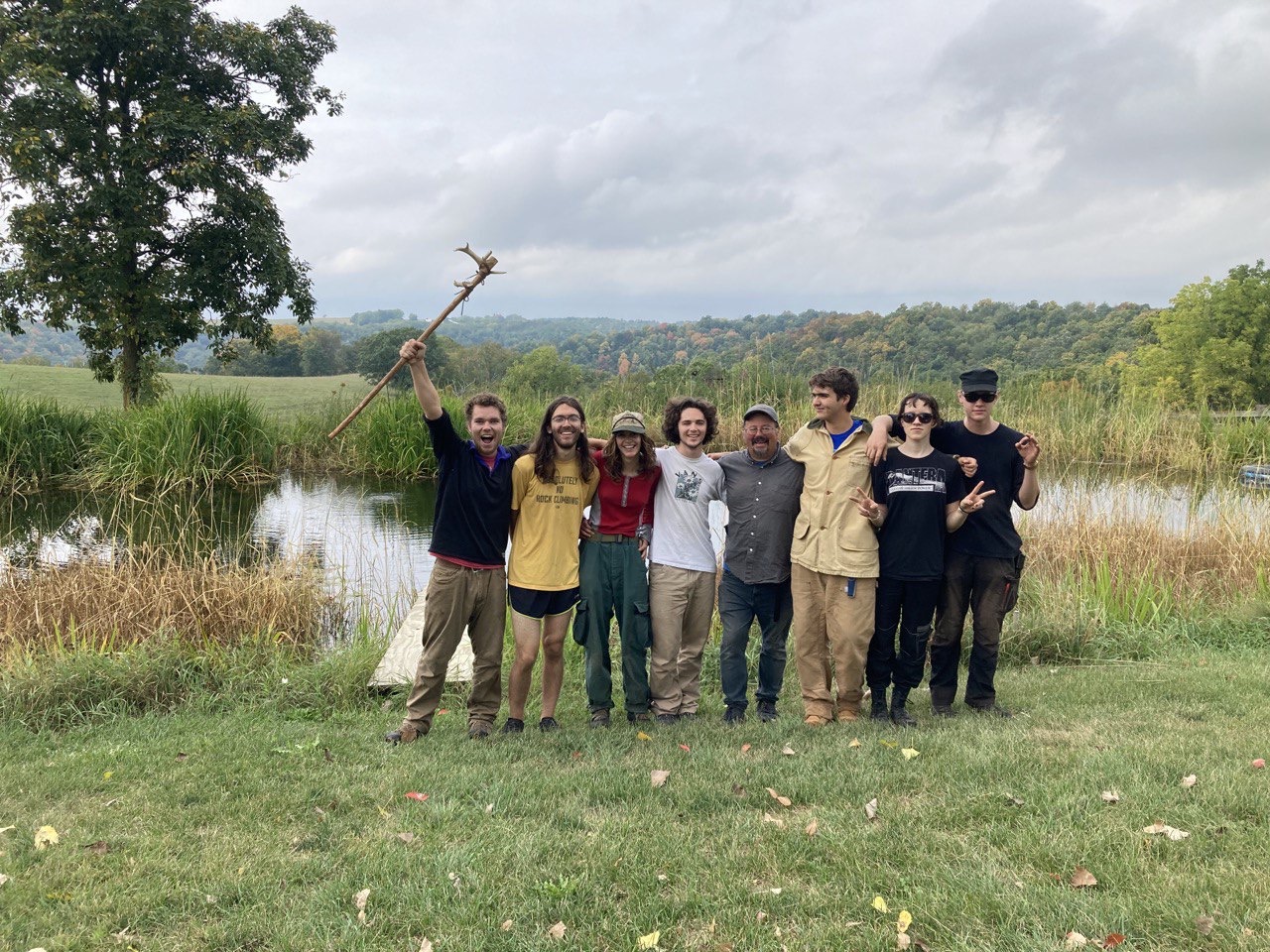
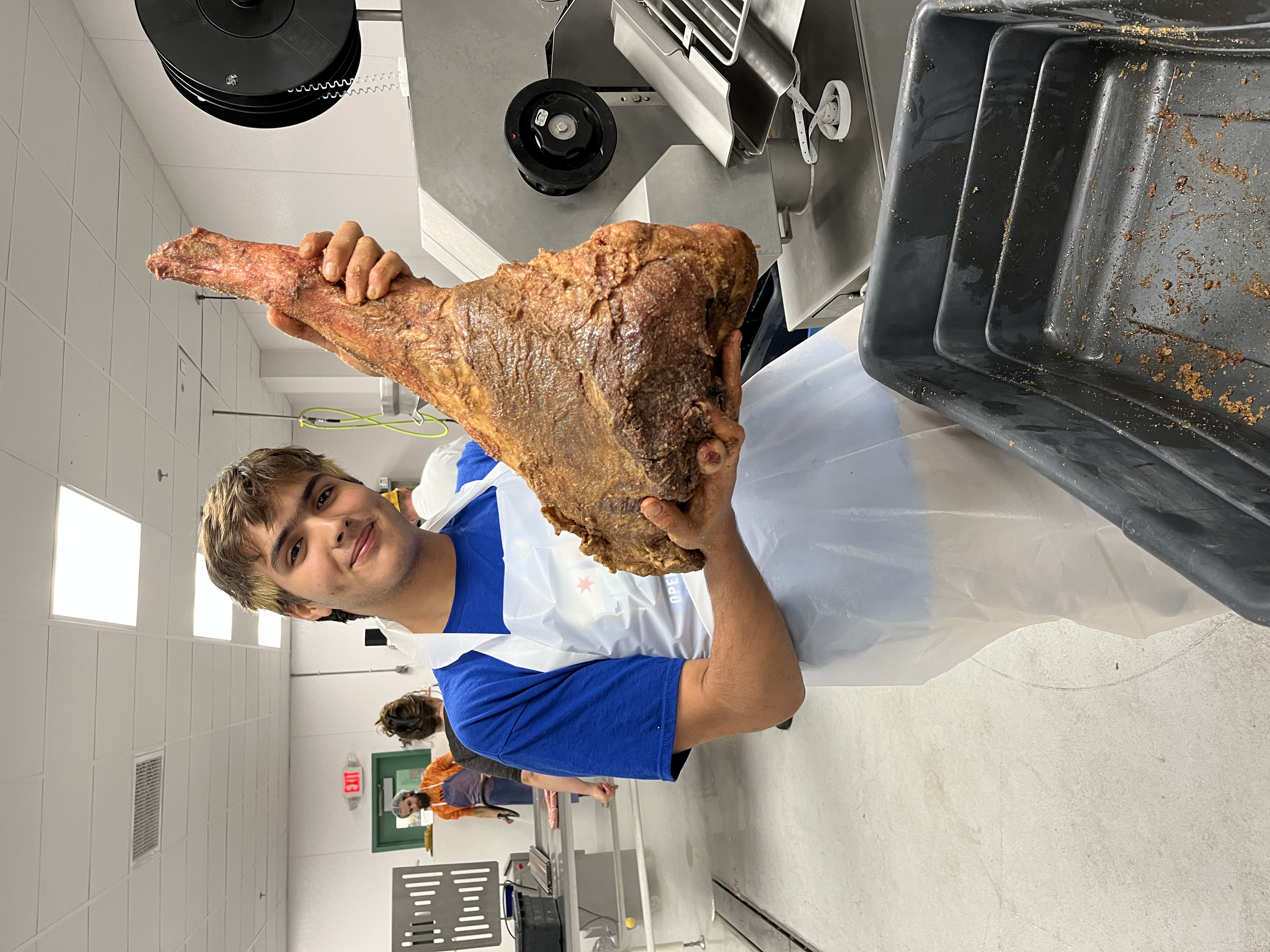
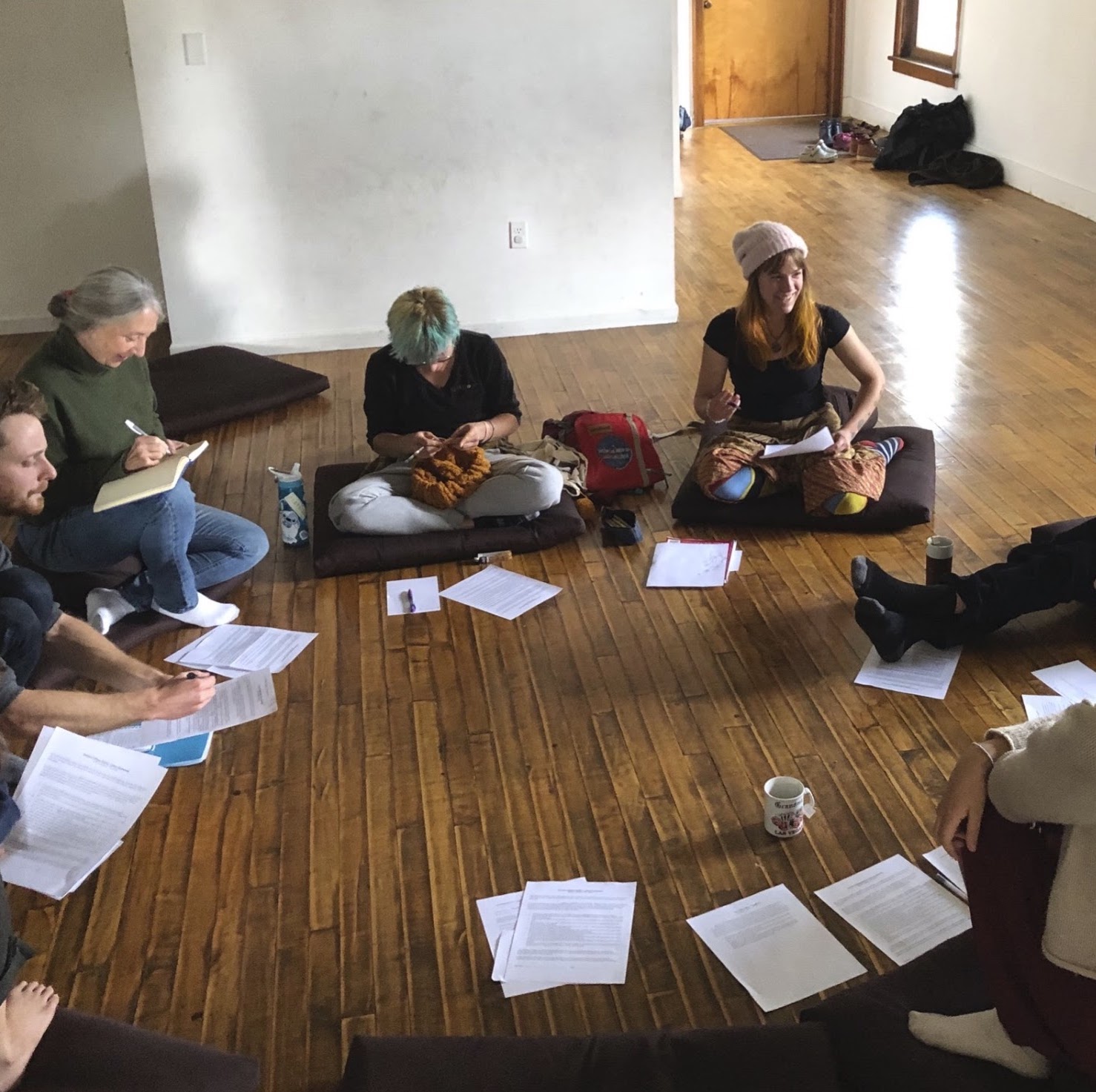
When I came to Thoreau College, I really didn't know what to expect. It was in a part of the country I had never visited, learning skills I had limited exposure to, and I wasn't sure what kind of people would be there. I expected it to be an interesting and unique experience, but I couldn't have anticipated how truly transformational it would've been. In my time here, I learned so much about how to be in community and how to build a life that feels purposeful. The small scale provides a sense of mentorship and recognition of personhood that enables everyone in it to grow and strive to be better people. While I really don't think a website or a paragraph can do justice to the experience of being here, I will say that it is a place that challenges all of its students in unique and beneficial ways. If you are searching for "more" out of your education, Thoreau College is the place you should come.